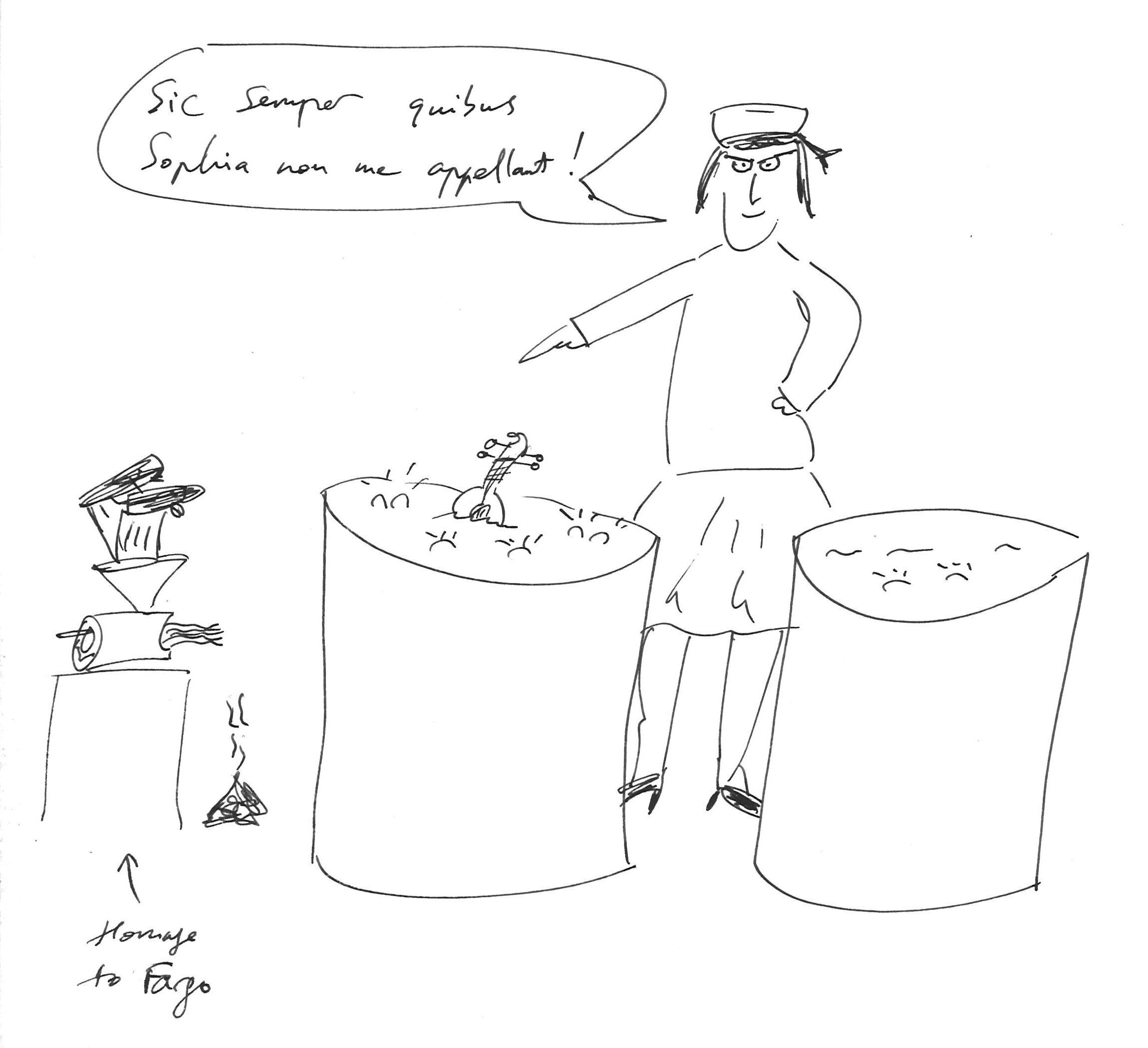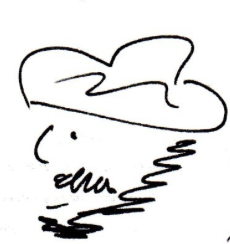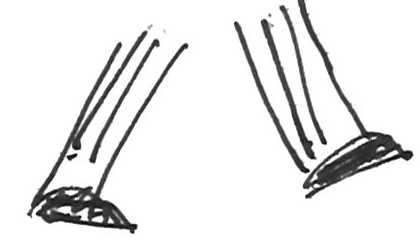There is the general answer, and then there is my answer.
For the general answer, I could not hope to rival the eloquence of Michael Masiello. But as a grotesque injustice to Michael, I think the anarchist theorist Mikhail Bakunin does rival him.
Mikhail Bakunin, What is authority? (1882)
Does it follow that I reject all authority? Far from me such a thought. In the matter of boots, I refer to the authority of the bootmaker; concerning houses, canals, or railroads, I consult that of the architect or the engineer. For such or such special knowledge I apply to such or such a savant. But I allow neither the bootmaker nor the architect nor the savant to impose his authority upon me. I listen to them freely and with all the respect merited by their intelligence, their character, their knowledge, reserving always my incontestable right of criticism and censure.
I do not content myself with consulting a single authority in any special branch; I consult several; I compare their opinions, and choose that which seems to me the soundest. But I recognise no infallible authority, even in special questions; consequently, whatever respect I may have for the honesty and the sincerity of such or such an individual, I have no absolute faith in any person. Such a faith would be fatal to my reason, to my liberty, and even to the success of my undertakings; it would immediately transform me into a stupid slave, an instrument of the will and interests of others.
That’s what we all should do.
What do I do?
I look for a tone that suggests the person knows what they’re talking about. Depending on the subject matter, it includes preparednesss to concede weaknesses in their argument, extent of supporting detail, professional-sounding phrasing, orderly presentation. Those things aren’t proof, but they are correlated with an argument that I can follow, and verify to myself.
There are plenty of ideological answers that start from different axioms. There’s no real point questioning axioms; they are departure points, not conclusions. One can only ultimately reject axioms by rejecting the whole edifice built on them. As a shortcut, there are perspectives I have rejected—as have we all; so I will be biased towards answers that share my axioms.
But I am prepared to be convinced by answers, phrased in good faith, that have different starting points to those I favour, but still are coherent and persuasive.
I’m less open than I’d like, but not completely closed.
Formal qualifications don’t mean that much to me (and I find Quora’s preoccupation with them amusing). I got a PhD, and I know how the sausage is made. A PhD doesn’t guarantee you know what you’re talking about, though it does mean you have some project management skills. Being exposed to a discipline’s norms and discourse, however, does mean a lot to me. To give an example, I don’t reject Tim O’Neill for being an amateur historian; he’s as thorough and as well-read as any professional. He’s also as unpleasant as any professional, which is why I don’t particularly seek his answers out; but his reasoning, as opposed to his tone, are legit.
To give a second example, Brian Collins is still finishing an MA in linguistics; and from the breadth of what he discusses, and his familiarity with the literature, I’ll take what he has to say as seriously as any linguistics PhD on here. (There aren’t that many.)









